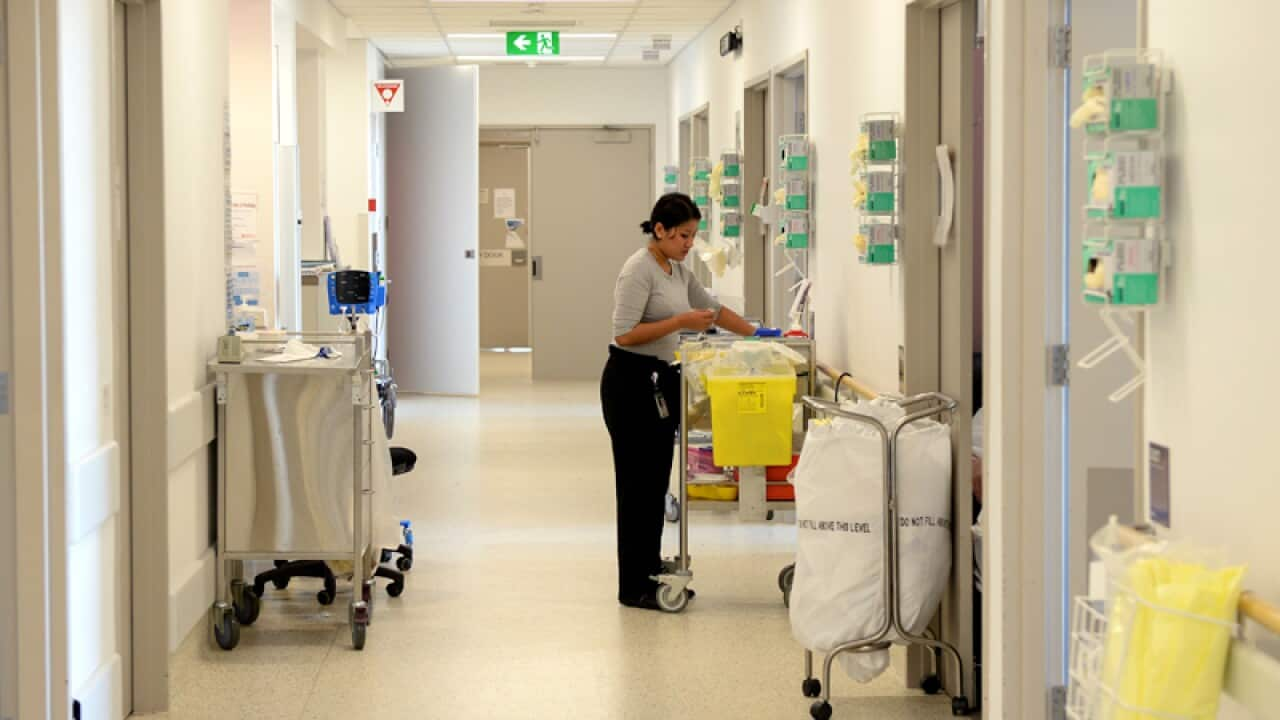The price of stamps will rise but prescription medications will become cheaper under legislative changes in 2016.
The new year brings dozens of new laws that come into effect from January 1.
Stamps will rise from 70 cents to $1 but consumers can make savings in the chemist, with pharmacists able to offer a $1 discount on prescription medicines.
The federal government has also moved to place a cap on the defined benefits scheme, meaning pensioners receiving payments from both the pension and the scheme will see their payments drop.
Related reading

New Year's resolutions could save $21,000
Whereas Centrelink once discounted up to 40 per cent of a person's defined benefit income, allowing them to receive more of the aged pension, that will now be capped at 10 per cent.
Meanwhile radiation therapy cancer treatments will also become cheaper when they're added to Medicare, and aspirin will be available prescription free.
A women's safety package including funding for programs and the trial of GPS trackers for domestic violence perpetrators will also be introduced federally.
In other health changes No Jab, No Play policies will be introduced in Victoria and Queensland.
In Victoria, children must be up-to-date with immunisations before being enrolled, while Queensland centres will have the power to legally exclude unvaccinated children.
The only major change to be introduced in Western Australia is a ban on commercial solariums, bringing them in line with other states.
Related reading

Fears govt budget cuts will hit patients
The new year will bring savings for Northern Territory residents with a five per cent reduction in power bills.
In South Australia, households can earn spare cash by selling solar power back to the network.
NSW real estate agents will also have to become more transperant about the way house prices are quoted and will no longer be able to use language like "offers above" or "$2million+" and would be heavily fined for deliberately over-quoting to win listings.









